South Africa to change law to stop arrest of Putin
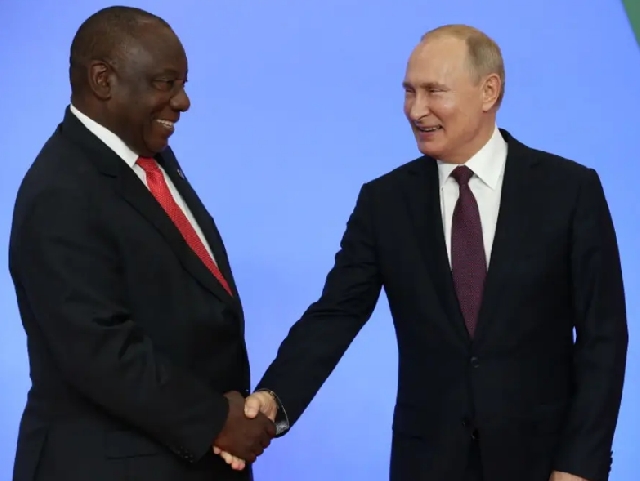 Mr Ramaphosa (L) wants Mr Putin (R) to attend the Brics summit in August 2023
Mr Ramaphosa (L) wants Mr Putin (R) to attend the Brics summit in August 2023
South Africa is going to change its law so that it has the power to decide whether or not to arrest a leader wanted by the International Criminal Court (ICC), a deputy minister has told the BBC.
Earlier this year, Russia’s leader was invited to a summit in South Africa, but a subsequent arrest warrant issued by the ICC means South Africa would be expected to arrest Vladimir Putin if he attends the gathering of the Brics group of nations in August.
“In June we’ll be submitting the law in parliament,” Obed Bapela, a deputy minister in the South African presidency, told the BBC’s Newshour programme.
Through the law South Africa “will give itself exemptions of who to arrest and who not to arrest”, Mr Bapela said.
Mr Putin has been accused by the ICC of crimes against humanity committed during the war in Ukraine. South Africa has refused to condemn Russia’s invasion, insisting it wants to remain neutral.
Mr Bapela said that South Africa was also writing to the ICC about a waiver.
This refers to article 98 of the Rome Statue, the treaty which established the court in 2002.
While article 27 says no-one is immune from prosecution by the ICC, article 98 appears to suggest that the ICC could not ask South Africa to arrest the Russian leader unless Russia agreed to waive Mr Putin’s immunity from prosecution.
The deputy minister also lashed out at the ICC for its “double standards”, saying the late Nelson Mandela, South Africa’s first democratically elected president, would have been disappointed by the war crimes court.
“We never thought that the ICC that we have today will be what it is. They never indicted Tony Blair, they never indicted [George W] Bush for their killings of Iraq people,” he said, referring to former UK and US leaders and their invasion of Iraq in 2003.
“Mandela would have said [that] the inequality, the inconsistency by the ICC, is a problem.”
Mr Bapela also pointed to past examples of exemptions of international justice, like the UK’s decision not to extradite General Augusto Pinochet in 1998.
The former Chilean dictator was arrested in London at the request of a Spanish judge seeking to put him on trial for human rights abuses during his 17-year rule, but the UK government freed him after 16 months on the advice of medical experts who said he was unfit to stand trial. He died back home in 2006.
Meanwhile, South Africa’s main opposition party, the Democratic Alliance (DA), has launched a court application in the Gauteng High Court to compel the authorities to arrest Mr Putin should he arrive in August.
Source: bbc.com
Trending News

Awutu Senya East MP, MCE engage security agencies to review security situation
10:07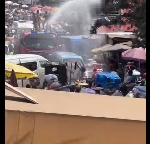
Ghana National Fire Service responds to mass breathing difficulty incident at CMB
04:58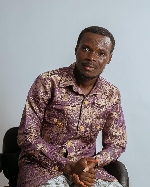
A time is coming, we will have a female IGP- Prophet Ask-Ackrong
21:18
Ghana Medical Trust Fund engages Ghana Health Service, HeFRA on strengthening health system reforms
09:50
Foreign Affairs Minister invites family of dead Latvia student
02:53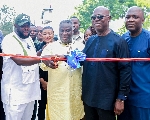
Margins ID Group unveils Kinbu Triangle Green landmark in 30-day urban regeneration drive
18:29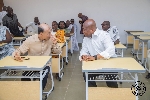
Okudzeto-Ablakwa inaugurates smart classrooms to boost STEM education in North Tongu
11:38
Fire guts mobile money and phone shops at Kasoa Walantu, two injured
02:29
GFL Secretary-General calls for urgent resolution of TDC–TMA permit dispute
08:15
Activist Felicity Nelson brings Christmas comfort to Accra Police cells
08:32




